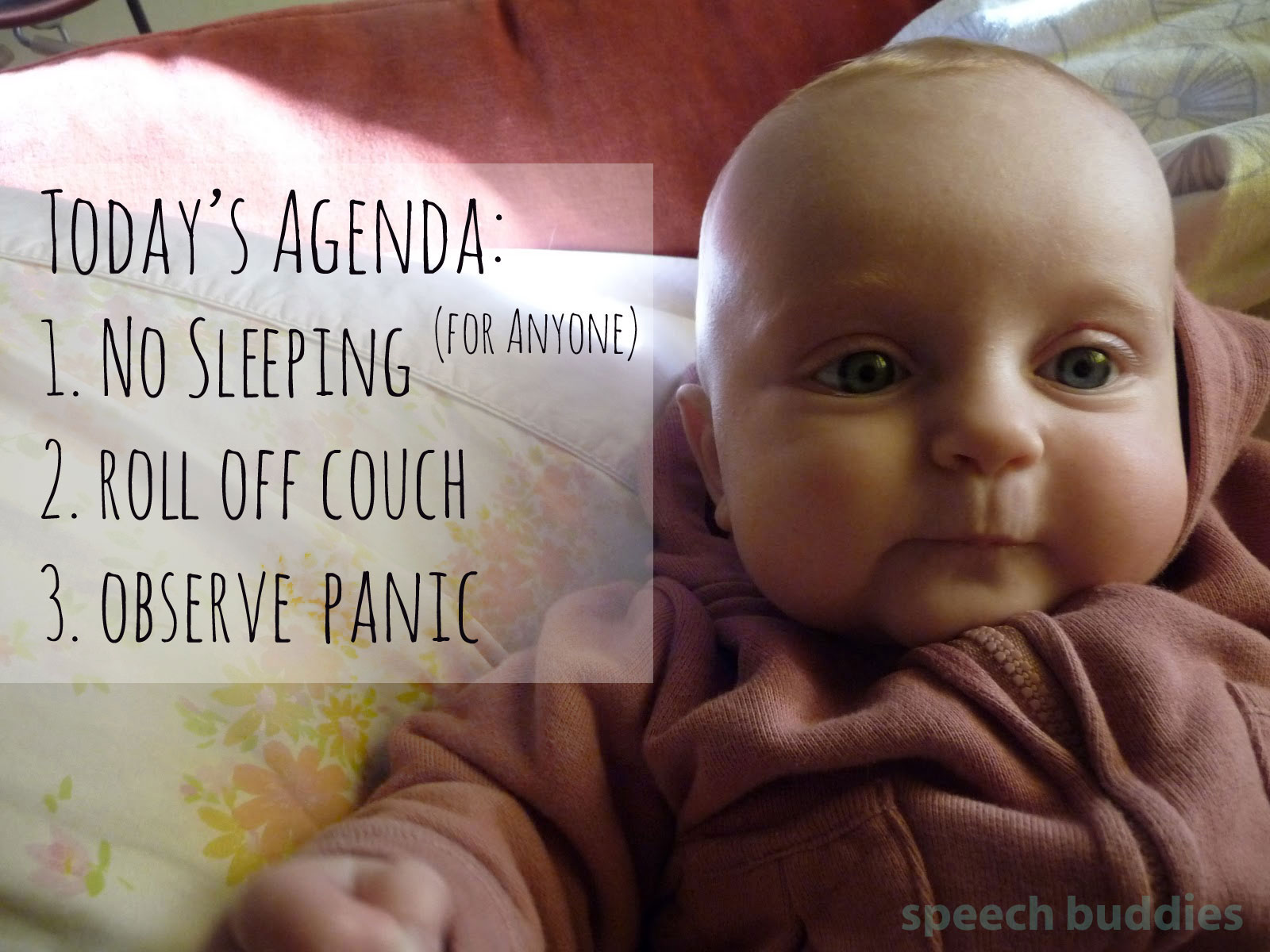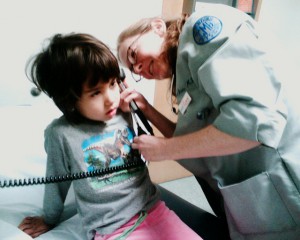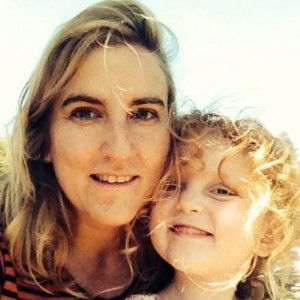Why Pediatricians are amongst New Parents’ Best Friends
Every parenting book you’ve ever read tells you to never, never, never leave your baby unattended while you hunt frantically around your house for a diaper. And on this topic, every parenting book you have ever read is exactly correct. When my daughter was 4 months old, I laid her down on the sofa and went looking for my diaper bag. She’d never rolled over before; what could go wrong? In less than a heartbeat, she’d rolled right off that sofa and smashed her head right onto our hardwood floor. In a cold panic, I rushed her to the pediatrician’s office.
After the doctor had looked into my baby’s eyes with a light and determined that she was probably fine, she turned her kindly attention to me. She gave me some tips for avoiding future accidents, told me that bumps on the head were usually manageable at home with some ice, asked about my sleep, and then sent me on my way. The whole thing took less than thirty minutes, but when I left the office, I was no longer hyperventilating, and I was already thinking about how to make sure things were safer and smoother in the future. The doctor was soon forgotten in the blur of my day. It was only that night, as I wrote about the incident in my daughter’s baby book, that I realized how important our first “panic” visit to the pediatrician had been.
Pediatricians do more than take care of our kids when they get hurt or sick. By asking questions and making observations, your child’s doctor is also making sure that your baby is reaching milestones and that you have the tools you need to be a safe and loving parent. And while (sadly) pediatricians can’t do much for new-parent sleep deprivation, with close attention to your child’s development, a pediatrician can become your co-pilot as you navigate the ups-and-downs of your child’s life, in sickness and in health. They will let you know when things are fine, and they will let you when it’s time to get some extra support.
Pediatricians & Speech-Language-Hearing Development
As I learned with my daughter’s first “oh no!” visit, those early experiences with the pediatrician can be really important for parents. They help us set the stage for future emergencies and teach us to reach out for help when something feels wrong. This is especially true for recognizing speech delays. According to Dr. James Coplan, a neurodevelopmental pediatrician who created Early Language Milestone Scale, “the physician who understands delayed speech understands child development.” When it comes speech-language-hearing development, pediatricians are often the first person (after mom and dad) to notice that things are moving a little slowly. Once a delay has been noted, a child’s speech-care needs are quickly handed over to a speech language pathologist, audiologist, neurologist or other specialist, and that transfer-of-care makes it easy to overlook the role of those well-baby visits to your family’s speech delay journey.
Rebecca M. is a first year pediatric medical resident in Southern California, and I asked her to walk me through how her she is learning to identify speech delays and what she likes to tell caregivers if there are concerns. Like many residents, Rebecca doesn’t get a ton of time with her patients, but she is trained to look for specific markers that guide her decision to make referrals. Here is how she describes her role in the process of diagnosing speech delays:
“I have clinic once a week, and when I’m in clinic, I work as a general pediatrician. I screen kids for all kinds of development milestones by asking the parents questions and then comparing their answers to a set of general milestones.”
She knows that these milestones are very general, and children don’t “hit the marks” at the same pace, but she says they are a helpful tool for guiding further questions.
“For example, at the one year “well child” visit, we ask the parents if their baby can say “mama,” “dada,” and one other word like “no” or “cat.” If they aren’t, and many kids aren’t, I make a note to follow-up again in a few months.”
As a pediatrician, she knows that sometimes the milestones don’t quite apply to all families.
“If the baby isn’t saying “mama” or “dada,” that might be because their family has a different composition, perhaps two mamas or one dada and a grandma. Or, maybe there are multiple languages spoken at home. It’s my job to pay attention to “standards” but also to be aware that the standards don’t apply in all cases.”
If the problem persists, she might schedule a hearing test. And from there, she uses an algorithm to help her determine which specialist might be appropriate for the next steps.
Although she isn’t a speech specialist, like most pediatricians, Rebecca is often the first person to let a parent know that they might need some outside intervention. She feels that it is her role to encourage them to seek support. “When I see a child that is not meeting a statistical milestone, I always encourage the parents to be proactive, but I also want to make sure that we don’t expect children to develop at a uniform pace. Usually it’s an easy conversation to have as a clinician, because I see these interventions in a positive way, whether the delay is global or language specific.”
What might a Pediatrician look for?
The Speech Buddies Blog has lots of articles on milestones, but if you want to know more about what kinds of observations might trigger your pediatrician to make a speech-related referral, ASHA presents them clearly. If you want to get really in-depth, the American Academy of Family Physicians has a ton of information about how family doctors diagnose speech delays in their patients.
Today, when I think about my first “terrified new parent trip” to the pediatrician I have to laugh. Although she’s only 4, I’ve seen my daughter through her fair share of late night emergency room visits and had enough scary conversations with the pediatrician to know that part of taking care of a child is learning to live with bumps and missed milestones. And, thankfully, the kid’s doctor is always just a phone call (or frantic drive) away.





